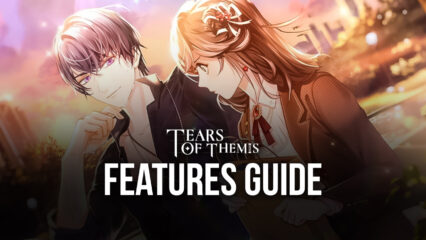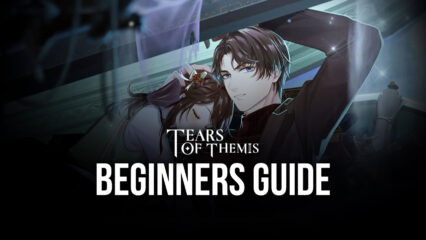Tears of Themis on PC - The Basics of Debating
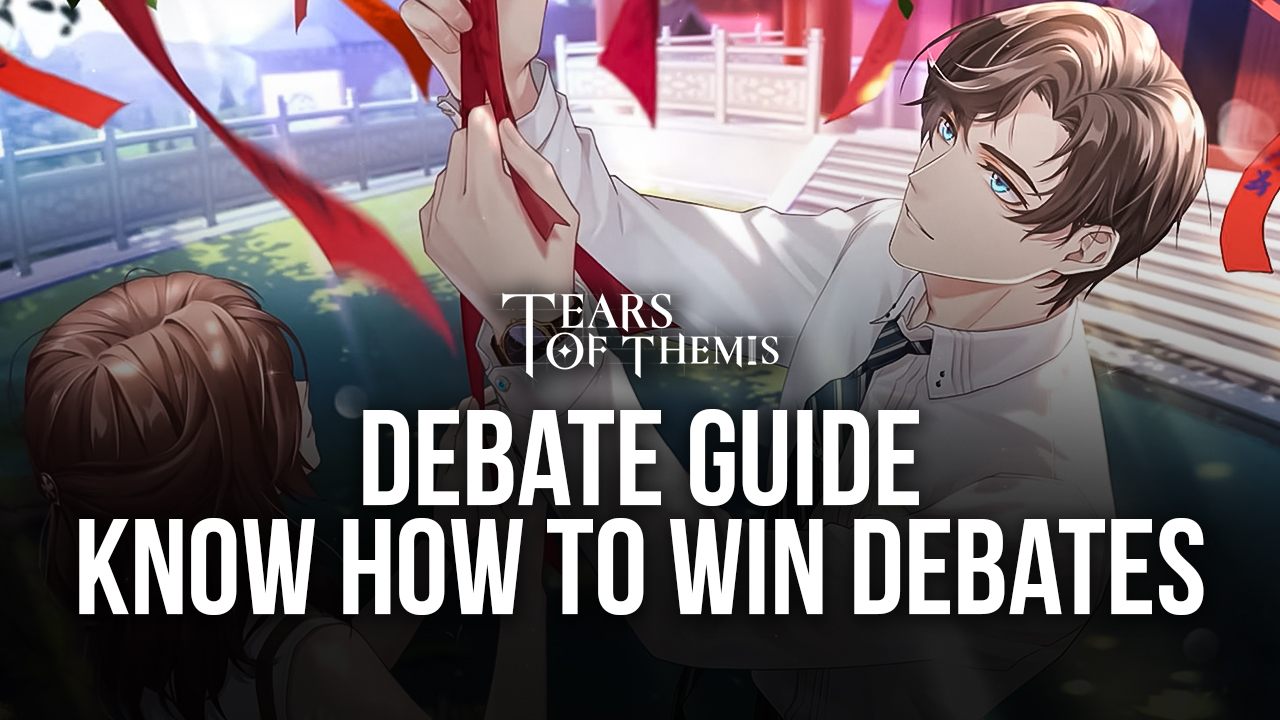
Tears of Themis is MiHoyo’s latest entry in the mobile gaming market which, in contrast with Honkai Impact 3rd and Genshin Impact, takes the fights to the courts of law as you represent clients and perform investigations to help win cases. This new visual novel puts you in the role of the newest member of the Themis Law Firm, and you must frequently question witnesses, investigate evidence, and build case files to win fights in the courts of law.
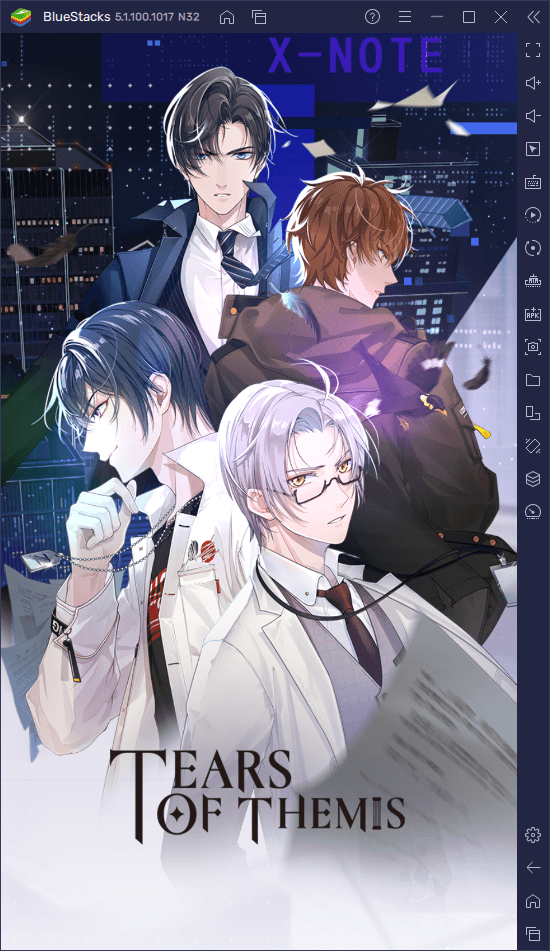
However, while investigating and poking around play important roles in this game, there will also be plenty of people looking to stand in your way to impede your progress. And since this isn’t a fantasy world or a sci-fi dystopia like in other MiHoyo games, conflicts in Tears of Themis are solved through words and not fists. As such, debating is one of the most important mechanics in this game, as they’re the main method through which you’ll deal with pesky people in order to continue with your investigations.
The Basics of Debating
Luckily, even though it might be quite different in name and setting, debating in Tears of Themis is functionally similar to fighting in a turn-based RPG. Debates consist of a back and forth between two parties, where your objective is to debunk all your opponent’s arguments and lower their Heart Points (HP) to 0 in the process. However, your opponent can passively deal damage to your HP at every turn, and if you hit 0 before them, you’ll lose and will have to start over.

In order to counter your foe’s arguments, you’ll need to use your own statements and speech skills, which are represented by a series of cards in your hand. These cards are the game’s equivalent to “characters” that you can deploy in battle in order to deal damage to the targeted argument. The damage dealt depends on the stats and skills of the card in question, which can vary greatly.
Every time you use a card during a debate, you’ll chip away at the targeted argument, until its HP reaches 0, upon which it’s removed from the field. Each debate can have more than one wave of arguments, and their length will vary accordingly. Similarly, arguments can come in three different types: Logic (blue), Empathy (red), and Intuition (green). It’s important to know about how these types interact with each other, for reasons we’ll mention further on.

Upgrading and Evolving Your Cards
As we mentioned above, your performance in debates will depend heavily on the type and quality of the cards you deploy in combat. These cards are obtained mostly from the game’s gacha, and come in different rarities. However, unlike in other games where the cards with the highest rarity are often the best, this is not always the case in Tears of Themis—even the most common cards can have a decent impact in debates when properly upgraded.
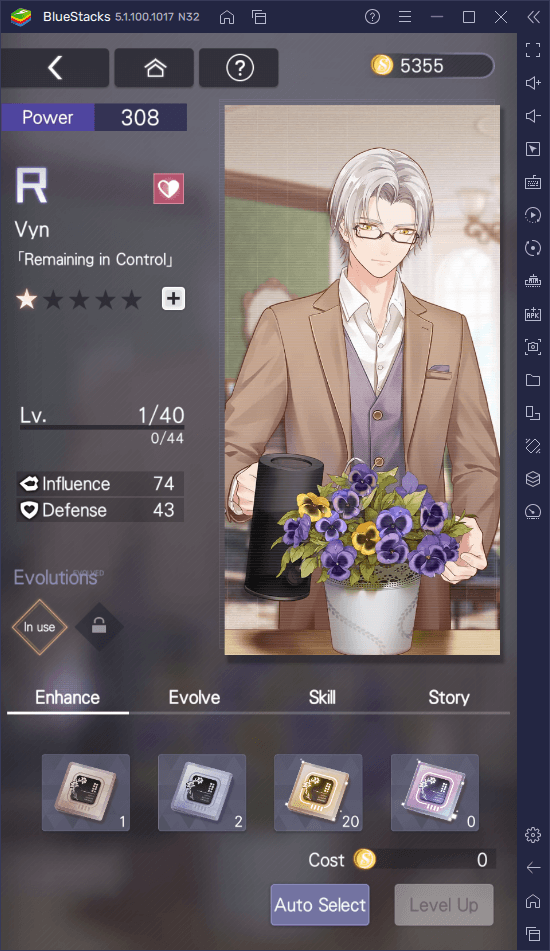
Just like with the characters you can unlock in other RPGs, you can upgrade your cards in Tears of Themis in a couple of ways. For example, you can use Oracle of Justice items along with Stellin currency to level up your cards and increase their stats. Similarly, you can also use chips of different types to evolve them, further increasing their stats and even unlocking new skills.
Keeping your cards upgraded is pivotal for winning debates, without necessarily having to wait to unlock stronger cards in the gacha.
The Type Matchups
Another way to get a boost during debates is by memorizing the different type matchups of your cards, as cards of different types can deal reduced or additional damage depending on their attributes.
As we mentioned above, there are three different attributes in Tears of Themis: Logic (blue), Empathy (red), and Intuition (green), which interact in the following manner:
Logic (blue) > Empathy (red) > Intuition (green) > Logic (blue)
Using the correct cards for every argument can significantly lower the number of turns necessary for winning debates, which will be crucial for the tougher stages as all of these have turn limits.
Keeping a Balanced Deck
Since you’ll rely on the cards in your hand in order to win debates, it’s important to always keep a balance of card types at all times. As a general rule of thumb, for our general deck, we keep at least one card of each attribute. And then for the stages where there are strong opponents who lean heavily towards a specific attribute, we can create bespoke decks to counter these tough debaters.
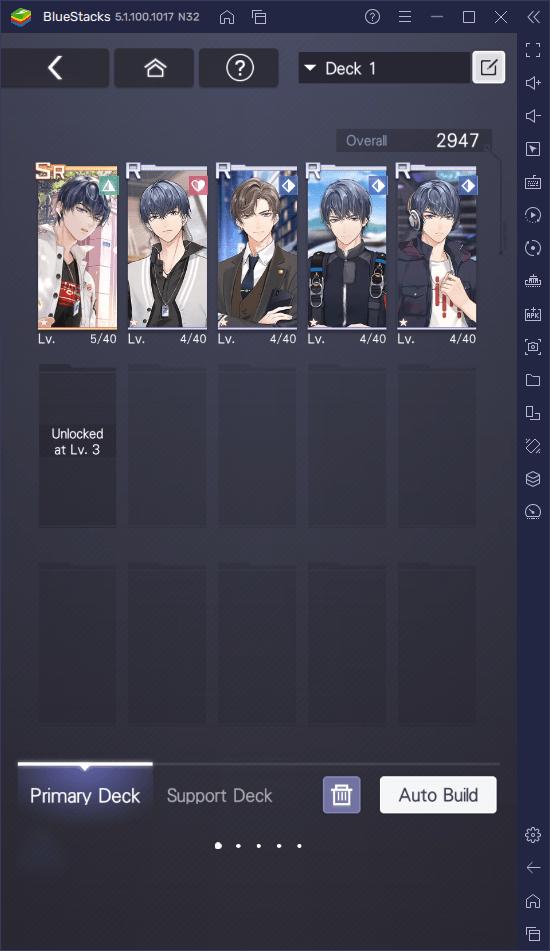
Keep in mind that, before you enter a stage, you’ll see an attribute icon beside its name before entering. This gives you an indicator that there will be a debate in the stage, and that the opponent will often use arguments with the attribute shown. Preparing accordingly for every debate can also help you win without wasting time.
Use Your Cards in the Right Order
One last tip for debating is that, since you can usually only have five cards in your hand at any given moment, using them correctly can often yield excellent results for saving turns and for avoiding losing debates due to the turn limit. This is because, whenever you run out of cards and there are still arguments left standing, you need to waste one turn to refresh the cards in your hand, which can cost you the debate.

In this sense, a good idea would be to hold onto your strongest cards for the final waves of a debate, as opposed to going all out early. If you can help it, try to debunk the first few arguments with your weakest cards, and then finish up strong with your toughest cards in the final wave. This will ensure that you won’t waste turns refreshing your hand. To enjoy an immersive experience, try Tears of Themis on PC with BlueStacks.


